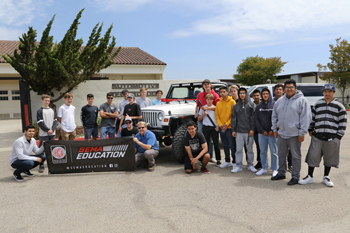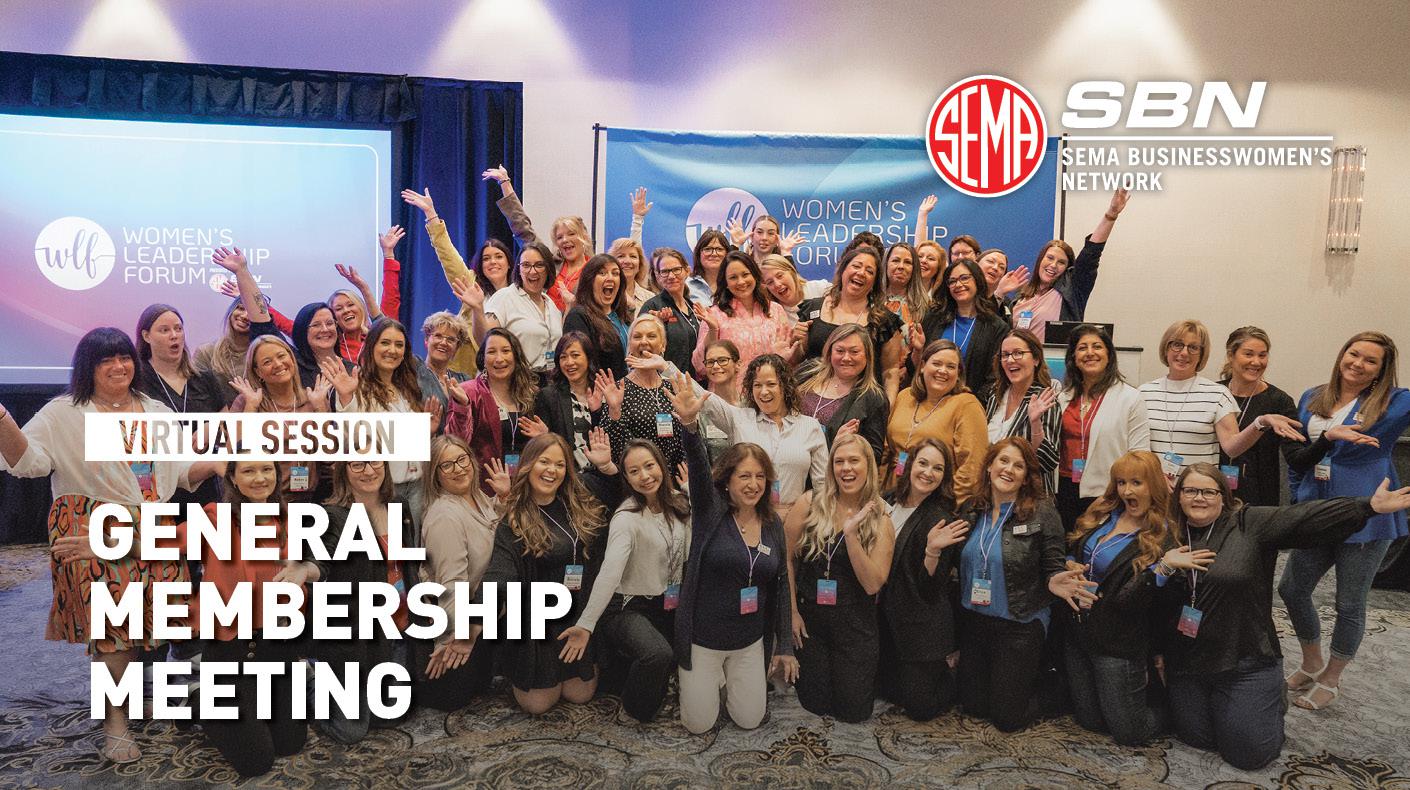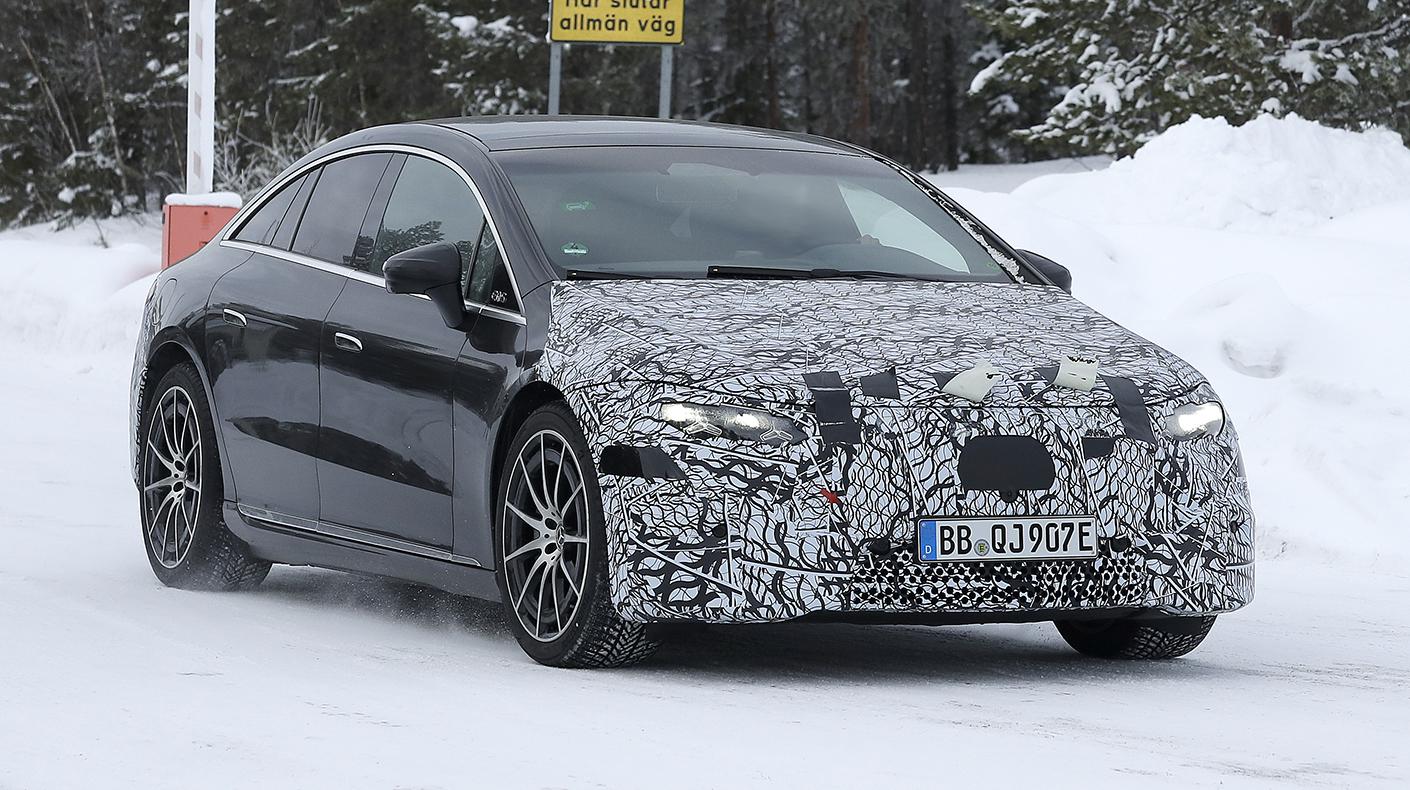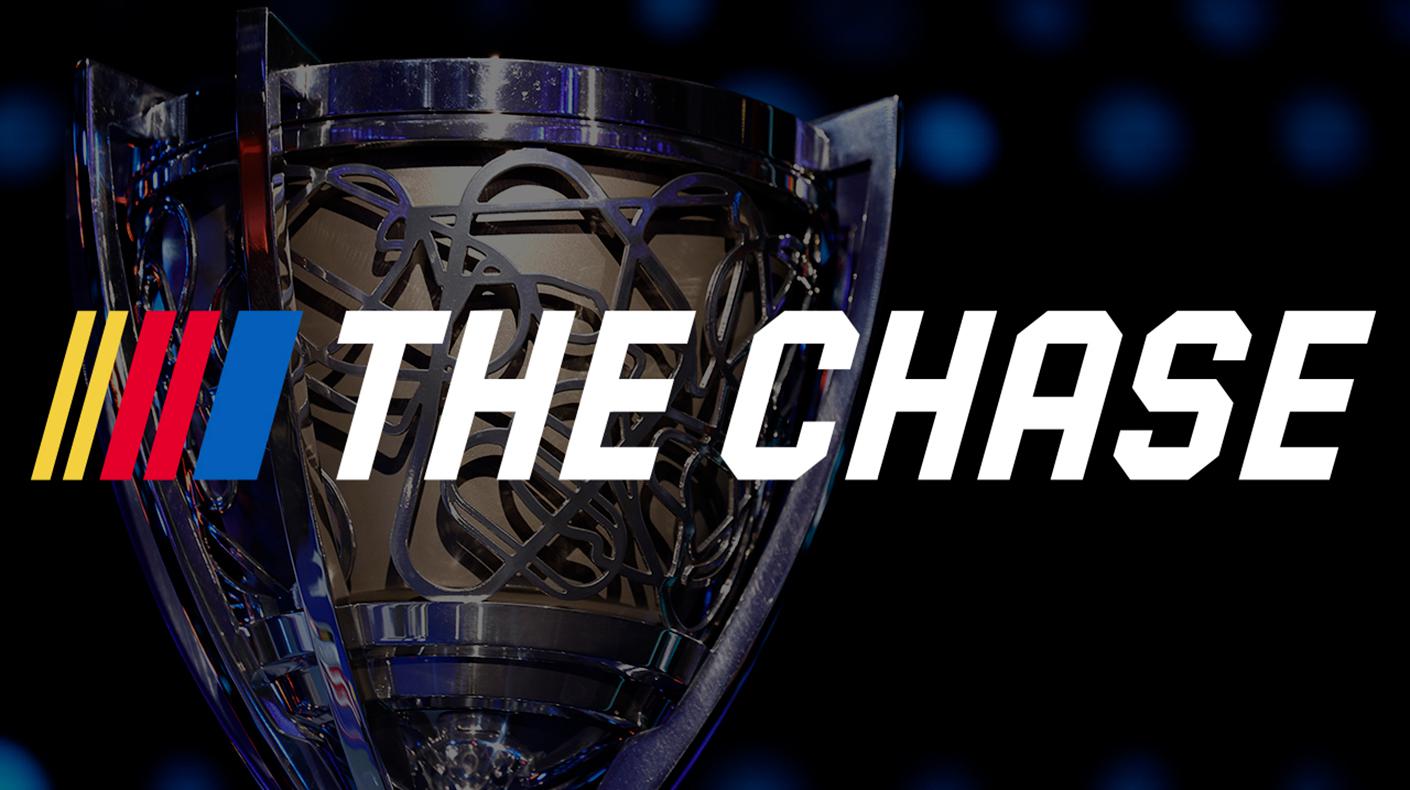By SEMA Editors
 The SEMA High School Vehicle Build Program will provide 10 high schools with hands-on-learning opportunities and expose hundreds of students to the $44.6 billion automotive specialty equipment industry. |
The SEMA High School Vehicle Build Program, now entering its third year, will provide 10 high schools with hands-on learning opportunities and expose hundreds of students to the $44.6 billion automotive specialty-equipment industry.
The program began in 2017, with one vehicle and one high school. Using donated parts from 23 SEMA-member manufacturers, students from Santa Fe Early College Opportunities Applied Science Magnet High School (Santa Fe ECO), from Santa Fe, New Mexico, built a ’15 four-wheel-drive Jeep Wrangler Unlimited that was auctioned off to raise money so that the program could be replicated and even grow. The following school year, the SEMA High School Vehicle Build Program expanded to include five high schools. This year, the program will include 10 vehicles consisting of Jeep Wrangler TJs and third-generation Toyota 4Runners.
The program aims to engage students in the customization lifestyle and introduce them to a career path within the automotive aftermarket industry by connecting high school automotive shop classes with specialty-equipment manufacturers’ products to build one-of-a-kind customized vehicles.
“We launched this program with the goal of offering students a hands-on learning experience while enhancing existing curriculum in high school automotive shop courses,” said Katie Hurst, SEMA youth engagement programs manager. “Not only did we reach that goal, but also the program was so successful that now we are expanding it to reach even more high school automotive shop students.”
Although applications to participate in the 2019–2020 vehicle build have already closed, SEMA is currently in the process of securing parts donations from parts manufacturers and volunteers to serve as industry mentors to students. By contributing parts, participating companies will have their products installed on the vehicle(s) and receive recognition through the build website and in SEMA build promotions.
“The program not only provides promising students with applicable skillsets and knowledge, but also gives them a great sense of community,” said Hurst. “Through teamwork, passion and the generosity of our sponsors, we are truly able to make these vehicle builds one of a kind.”
In addition to the High School Vehicle Build Program, SEMA’s Educational Program includes Scholarship and Loan Forgiveness, SEMA Show Student Programs and career opportunities through the SEMA Career Center.
Companies interested in donating parts for the builds or learning more about the High School Vehicle Build Program can visit www.sema.org/student-builds or contact Hurst at katieh@sema.org.





